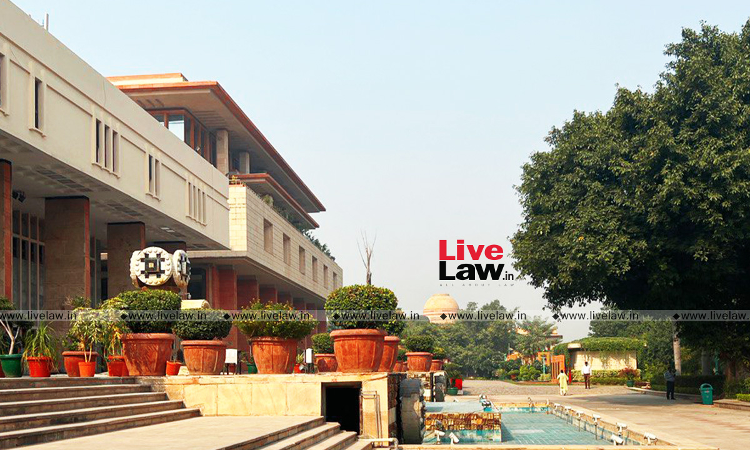Delhi High Court Upholds Use Of Rule Of Contra Proferentem By Arbitrator While Interpreting Contract
Parina Katyal
4 Feb 2023 8:46 AM IST

Next Story
4 Feb 2023 8:46 AM IST
The Delhi High Court has ruled that, if the arbitrator uses a contract executed between the parties to determine a dispute, the clauses of the contract should, in principle, be construed contra proferentem, i.e., the clauses should be interpreted against the party that drafted it. The bench of Justice Chandra Dhari Singh remarked that the rule of contra proferentem can be regarded as...
